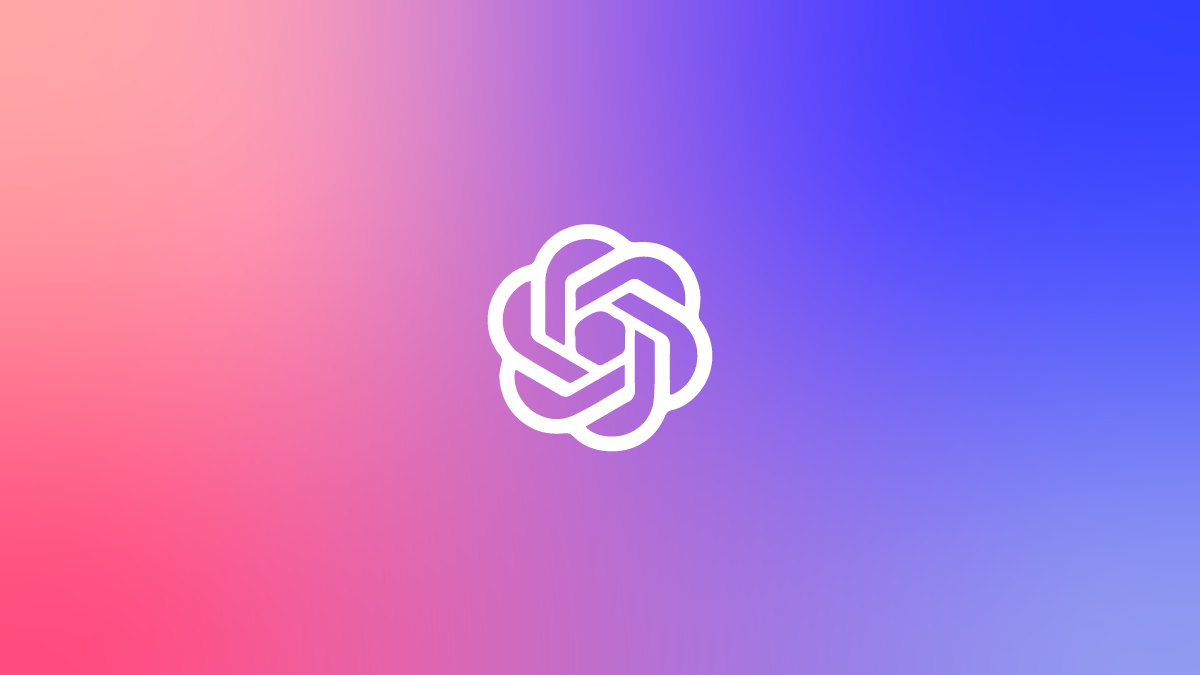


For years, business leaders have wrestled with the same paradox: AI is everywhere, yet rarely embedded where the real work happens. AgentKit, OpenAI’s new framework for building and deploying AI agents, changes that.
It is the clearest signal yet that agentic AI is no longer a research term or a developer playground. It is the next operating layer for modern companies, where AI doesn’t just answer questions, it acts.
AgentKit is OpenAI’s end-to-end platform for building and running agents that can observe, reason, and take action.
Instead of stitching together LLMs, databases, and APIs manually, teams can now design complete workflows using AgentKit’s modular components:
For businesses, it is the difference between AI prototypes and AI that ships.
Most executives don’t want AI for AI’s sake. They want to save time, reduce manual work, and make better decisions faster.
AgentKit makes that tangible. When paired with a structured audit and roadmap, like the one we run at Lucid, organizations can systematically:
The result: up to 80% reduction in human effort across repeatable knowledge work, from report generation to CRM updates to client communication, freeing teams to focus on judgment, creativity, and customer value.
McKinsey’s research shows that the biggest determinant of AI ROI is not model quality but workflow integration and adoption.
AgentKit directly addresses that. By making it easy to embed agents inside everyday tools, it bridges the adoption gap between technical capability and human behavior. Teams don’t need to change how they work; AI quietly automates what slows them down.
That is why we treat AgentKit not as a product but as a canvas for transformation. Our audits surface where time, effort, and opportunity are being lost, then AgentKit lets us rebuild those processes around people, not the other way around.
This marks a deeper transition in business automation, from workflow tools to intelligent teammates.
Until now, automation has been static: pre-defined triggers, limited logic, brittle integrations. AgentKit unlocks something more fluid—systems that learn, explain their reasoning, and evolve with your business.
Imagine your project updates summarizing themselves, your sales CRM staying accurate without human input, or your internal knowledge base answering questions conversationally and contextually, all built from one agentic foundation.
Each of these use cases frees up humans to focus where their judgment actually matters.
Businesses that learn to think in agentic workflows, not just automations, will have a compounding advantage.
OpenAI’s AgentKit makes it possible to go from idea to production in days, not months. But the real opportunity lies in how you connect it to your people and processes, turning AI into a durable part of how work gets done.
That is where the frontier is now: AI that doesn’t replace humans, but releases them.